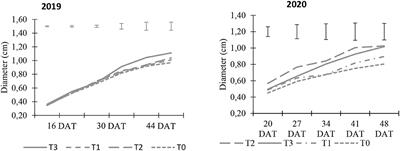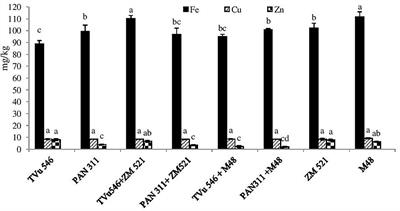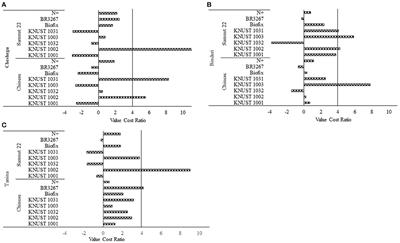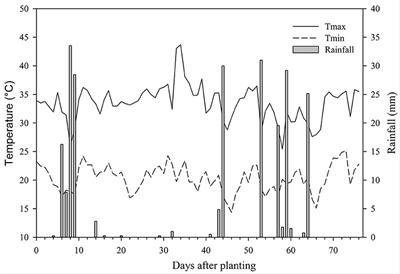EDITORIAL
Published on 04 Jul 2022
Editorial: Soil Fertility Management for Sustainable Food Production in sub-Saharan Africa
doi 10.3389/fsufs.2022.959604
- 1,445 views
- 1 citation
7,880
Total downloads
41k
Total views and downloads
Select the journal/section where you want your idea to be submitted:
EDITORIAL
Published on 04 Jul 2022
ORIGINAL RESEARCH
Published on 02 Mar 2022

ORIGINAL RESEARCH
Published on 10 Dec 2021

ORIGINAL RESEARCH
Published on 10 Nov 2021

ORIGINAL RESEARCH
Published on 01 Oct 2021

ORIGINAL RESEARCH
Published on 30 Sep 2021

ORIGINAL RESEARCH
Published on 05 Jul 2021

ORIGINAL RESEARCH
Published on 02 Jul 2021

ORIGINAL RESEARCH
Published on 11 Jun 2021

ORIGINAL RESEARCH
Published on 14 May 2021

ORIGINAL RESEARCH
Published on 20 Jan 2021


Frontiers in Agronomy
Frontiers in Soil Science